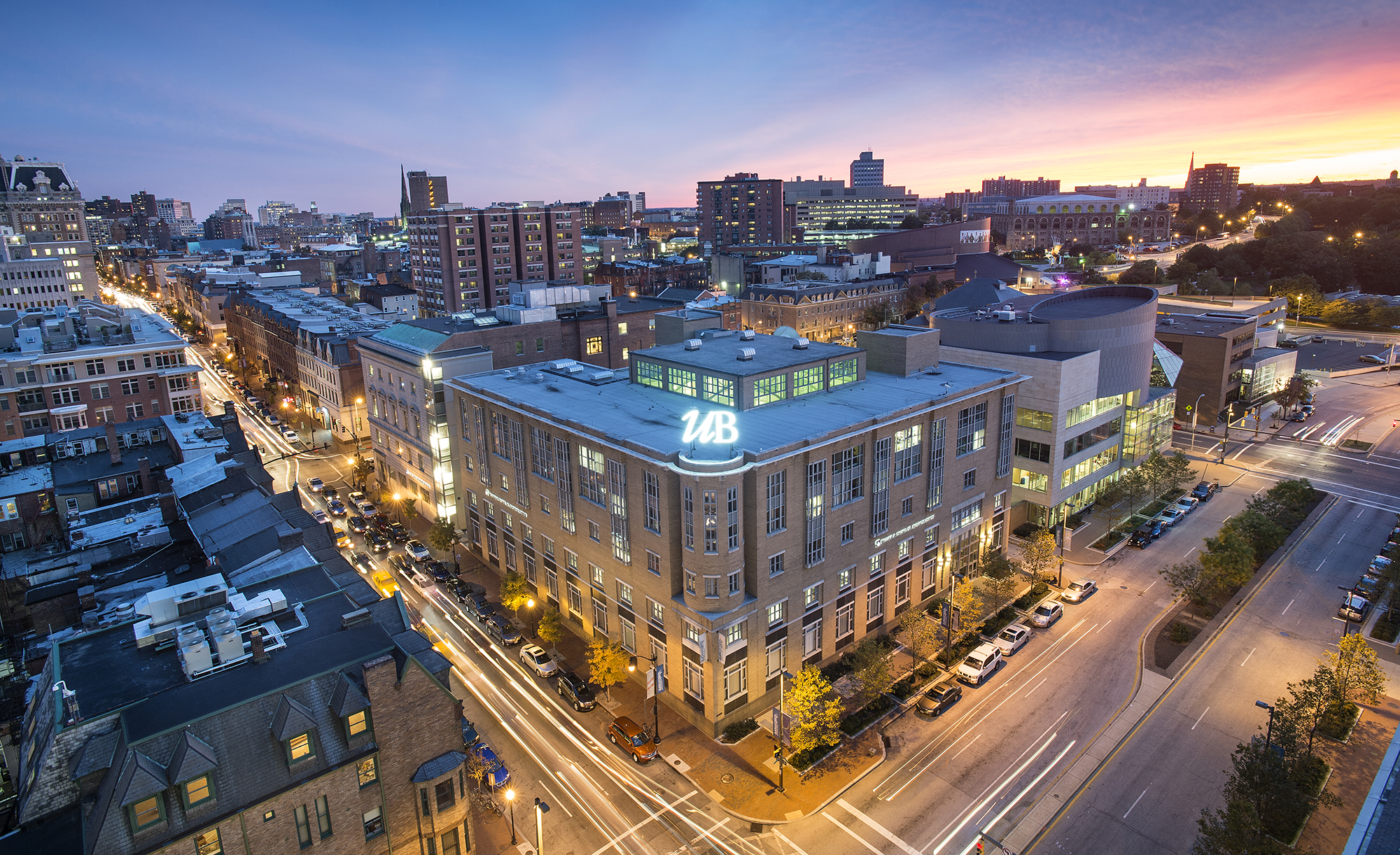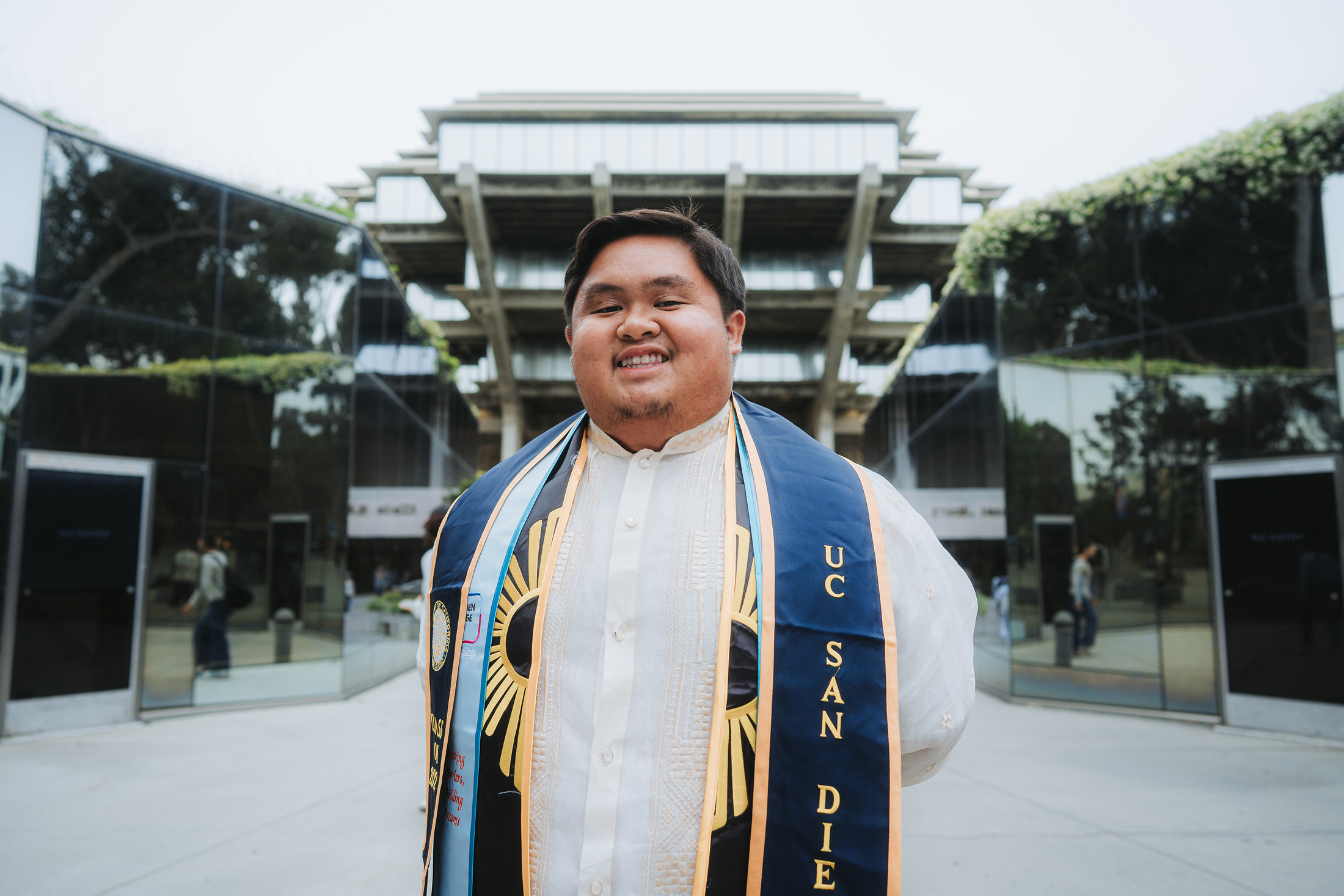Report on Morocco’s Educational Reforms and Alignment with Sustainable Development Goals
1. Ministerial Commitment to Educational Advancement
- On World Teachers’ Day, Morocco’s Ministry of National Education articulated a renewed commitment to enhancing the national educational framework.
- A primary objective is the improvement of working conditions and the social and professional development of educational staff, which is identified as the key human capital for achieving reform.
- This commitment is positioned as a foundational strategy to empower the educational system to meet its national duties effectively.
2. Alignment with Sustainable Development Goal 4: Quality Education
- The Ministry’s strategy is fundamentally aligned with SDG 4 (Quality Education), with a stated goal of ensuring access to quality, equitable, and inclusive education for all students.
- The national reform agenda is designed to establish a high-quality public education system that directly contributes to Morocco’s broader sustainable development goals.
- By focusing on educators as the primary guarantors of reform, the Ministry aims to achieve key targets within SDG 4, including those related to qualified teachers and effective learning environments.
3. Strategic Initiatives and Programmatic Expansion
The Ministry has outlined several key initiatives to achieve its objectives:
- Expansion of the “Pioneering Schools” Model: In line with the 2022–2026 roadmap, the Ministry will accelerate the nationwide implementation of this model, which has demonstrated encouraging results in creating an inclusive and high-quality public education system.
- Investment in Human Capital: The success of current initiatives is attributed to the dedication of teachers and educational staff. Enhancing their professional conditions directly supports SDG 8 (Decent Work and Economic Growth) by investing in a critical public sector workforce.
- Building Inclusive and Responsive Institutions: The reforms aim to create schools that are responsive to the aspirations of students and their families. This contributes to SDG 10 (Reduced Inequalities) by ensuring the system serves all communities and strengthens public institutions in line with SDG 16 (Peace, Justice and Strong Institutions).
4. Broader Socio-Economic Context and National Goals
- These educational initiatives are being implemented in response to systemic challenges and public calls for meaningful reforms in education and healthcare.
- The overarching objective of the educational system is to support the democratic and sustainable development of Morocco.
- The Ministry frames these efforts as integral to the nation’s progress, prosperity, and the well-being of its citizens under the leadership of King Mohammed VI.
Analysis of SDGs, Targets, and Indicators
1. Which SDGs are addressed or connected to the issues highlighted in the article?
-
SDG 4: Quality Education
This is the primary SDG addressed in the article. The text is entirely focused on Morocco’s efforts to reform its educational system. Specific phrases like “access to quality, equitable education for all students,” the “2022–2026 roadmap aimed at establishing an inclusive and high-quality public education system,” and enhancing “learning environments” directly align with the core mission of SDG 4.
2. What specific targets under those SDGs can be identified based on the article’s content?
-
Target 4.1: Ensure that all girls and boys complete free, equitable and quality primary and secondary education.
The article explicitly mentions the goal of “ensuring access to quality, equitable education for all students” and establishing an “inclusive and high-quality public education system.” The nationwide expansion of the “Pioneering Schools” model is a concrete strategy aimed at achieving this target.
-
Target 4.c: Substantially increase the supply of qualified teachers.
The Minister of National Education’s message highlights the ministry’s commitment to “enhancing working conditions” and prioritizing the “social and professional development of teachers and educational staff.” Recognizing educators as the “primary guarantee for achieving the country’s educational reform goals” directly supports the objective of developing and retaining a qualified teaching workforce.
-
Target 4.7: Ensure all learners acquire knowledge and skills needed to promote sustainable development.
The article states that the educational reforms aim to create schools that “contribute to Morocco’s broader democratic and sustainable development goals.” This indicates that the curriculum and school environment are being designed to equip students with the knowledge and values necessary for promoting sustainable development.
3. Are there any indicators mentioned or implied in the article that can be used to measure progress towards the identified targets?
-
Implied Indicator for Target 4.1 (related to Indicator 4.1.1: Proportion of children achieving minimum proficiency levels):
The article mentions that the decision to expand the “Pioneering Schools” model follows “encouraging results from recent evaluations.” This implies that the ministry is using assessments and evaluations to measure the impact of its programs on student learning outcomes, which is the essence of Indicator 4.1.1.
-
Implied Indicator for Target 4.c (related to Indicator 4.c.1: Proportion of teachers with minimum training):
The ministry’s stated commitment to the “social and professional development of teachers” and its recognition of their “strong engagement and commitment” serve as qualitative indicators of progress. The implementation of policies to enhance working conditions and provide development opportunities is a direct measure of efforts to improve teacher qualification and support, aligning with the goal of Indicator 4.c.1.
-
Implied Indicator for Target 4.7 (related to Indicator 4.7.1: Extent to which sustainable development is mainstreamed in education):
The “2022–2026 roadmap” is identified as the guiding policy for establishing a new type of public school system. This roadmap itself serves as an indicator, representing a national education policy (Indicator 4.7.1a) that explicitly aims to integrate “sustainable development goals” into the education system.
4. Summary Table of SDGs, Targets, and Indicators
| SDGs | Targets | Indicators (Mentioned or Implied in the Article) |
|---|---|---|
| SDG 4: Quality Education | Target 4.1: By 2030, ensure that all girls and boys complete free, equitable and quality primary and secondary education. | The use of “recent evaluations” of the “Pioneering Schools” program to measure “encouraging results” implies the measurement of student learning outcomes (related to Indicator 4.1.1). |
| SDG 4: Quality Education | Target 4.c: By 2030, substantially increase the supply of qualified teachers. | The ministry’s commitment to “enhancing working conditions” and the “social and professional development of teachers” indicates efforts to improve teacher qualifications and support (related to Indicator 4.c.1). |
| SDG 4: Quality Education | Target 4.7: By 2030, ensure that all learners acquire the knowledge and skills needed to promote sustainable development. | The “2022–2026 roadmap” serves as a national policy to create schools that contribute to “Morocco’s broader democratic and sustainable development goals” (related to Indicator 4.7.1). |
Source: moroccoworldnews.com







